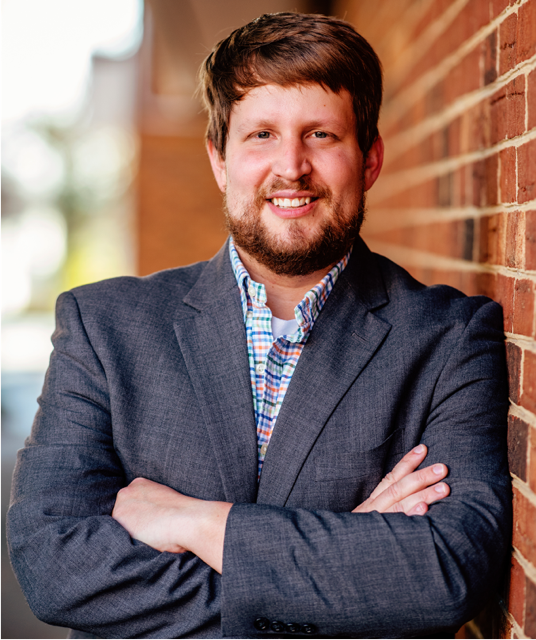
Our National Project: Cancer Research
Go the distance to give back in ways you’ve never thought of!
In 2024, the national membership voted to give $446K to six grant recipients. Each doctor received more than $74K.
Making an Impact
Our National Project is Cancer Research – covering anything from new drug trials to potential treatment options and everything in between, for all types of cancer. Throughout the year, each chapter of Phi Beta Psi raises money to go towards our National Project either through community fundraising events, donations or memorials. That money is then awarded in grants to different doctors researching a cure for cancer.
Since 1941 when we adopted Cancer Research as our National Project, Phi Beta Psi has given a GRAND TOTAL of $11,966,122 to the cause of finding a cure!
The reason we have been able to do that is in huge part from each of our communities believing in our cause and making our fundraisers successful. We are proud of what we do and hope to continue growing our contributions each year.
2024 Grant Recipients
-
Michael C. Brown, PhD
Duke University
PROJECT: BRAIN CANCER/BRAIN METASTASES
Define sex differences in the immunobiology of brain tumor and bone marrow immune microenvironments and determine the role of sex hormones in influencing brain tumor immunotherapy.
-
Dr. Robert Eil
Oregon Health and Science University
PROJECT: Enhancing the safety of CAR-T cells for metastatic solid cancers.
This project will optimize an innovative new genetically encoded safety program for CAR-T cells. In the proposed strategy, CAR-T cells are sequestered to the organs involved by cancer, sparing disease-free organs from unacceptable toxicities.
-

Nawal Kassem, MD
Indiana University Melvin and Bren Simon Comprehensive Cancer Center
PROJECT: CASCADE TESTING
Using precision prevention to decrease cancer related morbidity and mortality to optimize acceptability of racial disparity of cancer patient family members to contribute to treatment optimization.
-

Alexander Muir, PhD
Ben May Department for Cancer Research at the University of Chicago
PROJECT: PANCREATIC CANCER
Assess the TME (in vivo) -- a method to isolate tumor interstitial fluid (IF). Analysis of IF in a murine pancreatic tumor (PDAC) model has led to the discovery in preliminary data that the (lipid) components of IF modulate (by their presence or absence) lipid synthesis of the tumor cells in vivo.
-

Laura Anne Sena, MD PhD
Sidney Kimmel Comprehensive Cancer Center at Johns Hopkins University
PROJECT: PROSTATE CANCER
Ongoing efforts to establish a knowledge bank for immuneoncology. Identified a new germline variant and studied germline risk for thyroid immunotherapy.
-
Dr. Victoria Wang
University of California-San Francisco
PROJECT: LUNG CANCER
To understand the mechanisms contributing to resistance to KRAS inhibitors in lung cancer in order to eradicate residual disease and augment the upfront response to this class of agents.
Medical Advisory Board
-
Russell O. Pieper, Ph.D.
CHAIRPERSON
University of California
-
Bernard W. Futscher, Ph.D.
University of Arizona Cancer Center
-
Stephen Ladisch, M.D.
Children’s National Medical Center
-
Kenneth P. Nephew, Ph.D.
Indiana University School of Medicine
-
James L. Wittliff, Ph.D., M.D., hc
HONORARY MEMBER
Louisville, KY

By giving, you are helping raise funds for new methods in the fight against cancer.
To make a donation by check, please fill out this form, make checks payable to "Phi Beta Psi Sorority," and mail to:
Luana Barker, National Treasurer
Phi Beta Psi Sorority
5650 Dyer Road
Mt. Sterling, OH 43143





